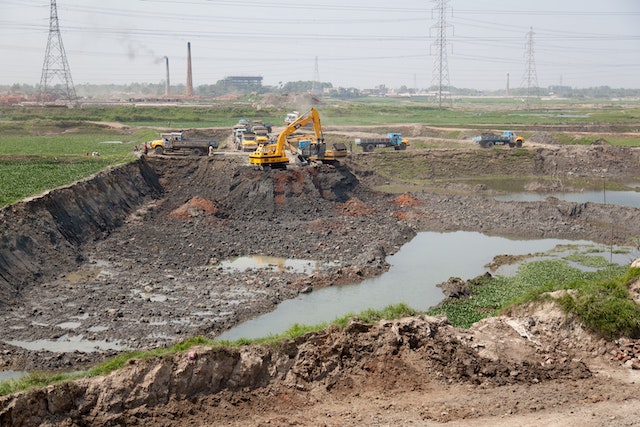There is much more to construction projects than what meets the eye. Building up an office space, home, parking garage, or other kind of infrastructure requires meticulous planning. Failure to carefully plan at each and every step can cause costly setbacks, or worse, severe problems after the project is completed. This can be disastrous. One aspect of planning that should not be overlooked is groundwater.
The Potential Effects of Groundwater
Before even purchasing a plot of land to build on, it is essential to engage civil engineering plan services to conduct feasibility studies that will help determine how and if the project can proceed. Part of these studies is the groundwater of the land.
Natural groundwater is a valuable resource for any community and thus must be thoroughly examined before building. The water table of a lot can have an impact on the soil. It may be too soft to support the foundation of the planned structure. Plans would then have to be changed or the project moved to a different location.
The Potential Consequences of Not Studying Groundwater
Failure to have a civil engineer conduct a groundwater study can cause major problems. These include:
- Foundations that sit below the water table may need drainage systems
- Groundwater may be contaminated by construction
- Contamination can have a negative impact on local agriculture, commerce, or industry
- Contaminated groundwater can harm the local ecosystem
- Aquifers can be disrupted
A groundwater study is vital before beginning any kind of construction project. Once thought to be a problem, with the help of a civil engineering firm, groundwater does not have to cause major issues with construction. In addition to groundwater, a civil engineer can examine other aspects of a piece of land to point out potential problems.
Overall, construction projects can be costly in time and money. Proper planning is essential and can help avoid costly mistakes. Have a civil engineer look at the water table to avoid groundwater problems.

